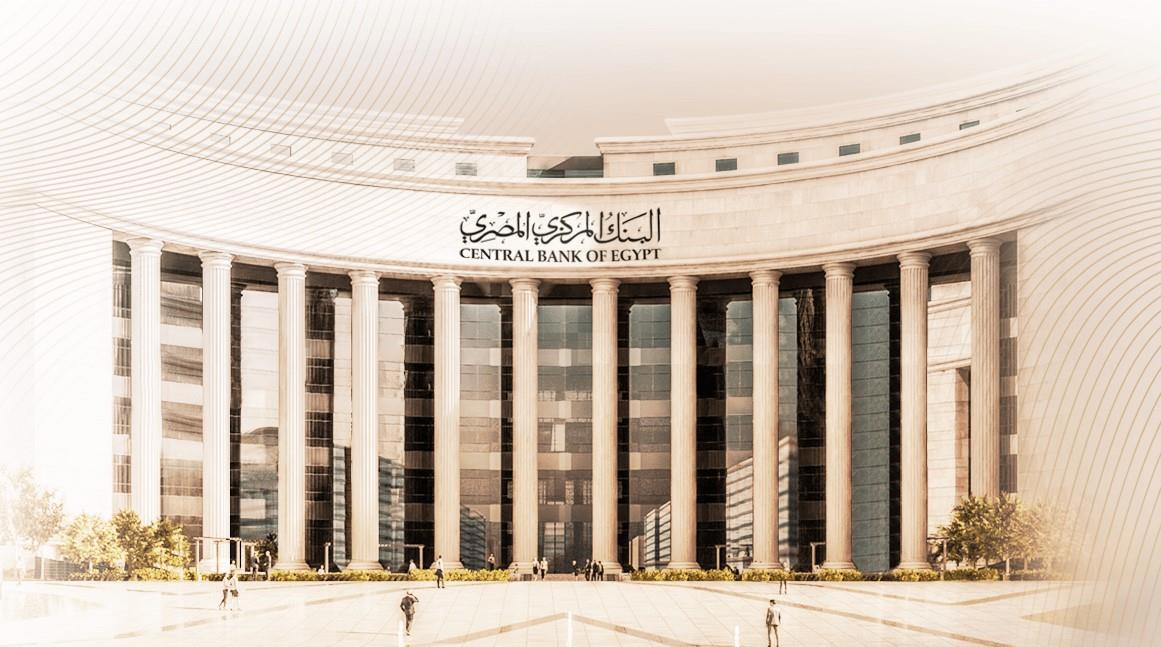
CBE Issues Guidelines For Tourism Support Initiative
According to a circular from the Central Bank, the guidelines specify that the credit available to each company will be determined based on the size of its operations and banking regulations. The maximum funding for a single client is EGP 1bn, while linked entities can receive up to EGP 2bn. Funding will be provided through a maximum of two banks under the initiative, with client data registered on the Central Bank's electronic system for effective monitoring.
The guidelines allow the Minister of Finance and the Minister of Tourism and Antiquities to jointly exempt certain clients from the funding cap for strategically important projects, upon a letter signed by the Ministry of Finance and addressed to the Central Bank.
The Central Bank stated that the initiative's cap is EGP 50bn or the total amount disbursed within one year of the initiative's launch, whichever comes first. The maximum withdrawal period is 16 months from the date of the first withdrawal or until 30 June 2026, whichever comes earlier. Companies will have a six-month grace period after the withdrawal period to obtain either a final or temporary operating license, ensuring prompt operations and availability of hotel rooms.
Funds under the initiative are directed to tourism companies, pending prior approval from the Ministry of Tourism and Antiquities, which will notify the participating banks accordingly. The funding can be used to build and operate new hotel rooms, expand existing projects, acquire closed hotel rooms (including replacement and renovation), or finance the renovation of closed hotel rooms. Verification from the Ministry of Tourism and Antiquities is required to confirm that the rooms were closed for at least 12 months before the first withdrawal.
For renovation projects, the maximum funding for a single client is EGP 500m, while linked entities can receive up to EGP 1bn.
The initiative can also be used to acquire a building intended for conversion into a hotel, including completing any construction, furnishings, or finishing, provided the building has not previously been licensed as a hotel. Similarly, hotel projects that began but were not completed are eligible, as long as they have never been licensed as hotels.
Eligible rooms funded under the initiative must be located in areas such as Luxor, Aswan, Greater Cairo, the Red Sea, and South Sinai, including Sharm El-Sheikh, Taba, Nuweiba, and Dahab.
The Central Bank noted that companies benefiting from the initiative will pay a reduced interest rate of 12% (decreasing), with the Ministry of Finance covering the difference between the Central Bank's credit and discount rate +1% and the 12% rate. This compensation does not include any other fees or commissions.
Beneficiary companies are required to repay principal and interest to the bank when due, based on the Central Bank's credit and discount rate +1%. The Ministry of Finance will compensate companies for the interest rate differential after they meet the initiative's conditions, either in a lump sum from the date of the first withdrawal or quarterly for the remainder of the loan period, with a maximum of five years from the date of the first withdrawal.
To benefit from the initiative, companies must obtain either a final or temporary operating license within six months after the end of the withdrawal period. Beneficiary companies must also commit to selling 40% of the revenues from the supported hotels in foreign currency to participating banks, starting from the commencement of hotel operations.
Beneficiary companies must also ensure that linked companies in the same hotel business, if any, sell 40% of their foreign currency revenues to banks, starting from the beginning of operations at the hotels supported by the initiative. The amount sold by linked companies must not exceed what the beneficiary companies sell during the initiative period. This 40% sale of foreign currency must continue throughout the support period, from the start of hotel operations until the initiative's end.
The Central Bank emphasized that the total foreign currency revenues sold by the beneficiary company and its linked entities, if any, must equal the total amount of the loan and interest throughout the initiative. Beneficiaries must also bear any increase in the credit and discount rate compared to the rate at the initiative's launch.
Clients may be excluded from the initiative, and interest rates adjusted at the bank's discretion, in cases of debt restructuring, credit facility settlements, non-compliance with operating license requirements, or failure to sell the required foreign currency revenue portion.
Beneficiary companies must submit an annual audit report from accredited accounting firms verifying that they and their linked entities have sold the required percentage of foreign currency revenues through participating banks from the start of hotel operations.
It is prohibited for any client to use credit obtained under this initiative to settle other outstanding debts within the banking sector.
Banks not audited by the Central Auditing Organization must issue a quarterly certificate, approved by their head of internal audit and CEO, detailing the compensation amount for the interest rate differential on credit facilities granted under the initiative. For banks audited by the Central Auditing Organization, the same certificate must be issued by the organization.
Client consent is required for disclosing credit facility data under the initiative to the Ministry of Finance's finance sector. The Ministry will not cover any late payment interest on client facilities within the initiative, per the Central Bank's circular.

Legal Disclaimer:
MENAFN provides the
information “as is” without warranty of any kind. We do not accept
any responsibility or liability for the accuracy, content, images,
videos, licenses, completeness, legality, or reliability of the information
contained in this article. If you have any complaints or copyright
issues related to this article, kindly contact the provider above.


















Comments
No comment